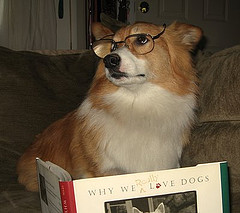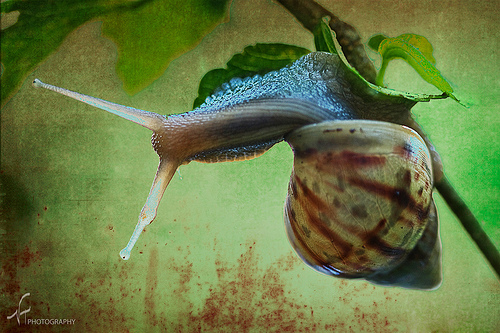
The Melbourne Writers’ Festival 2009 has something for everyone. Here is the line-up for under 18s.
Randa Abdel-Fattah | Tony Birch | Ezra Bix | John Boyne | Isobelle Carmody | Paul Collins | Kate De Goldi
Briohny Doyle | Anthony Eaton | Elizabeth Fensham | Archie Fusillo | Raimond Gaita | Morris Gleitzman | Andy Griffiths
Jack Heath | Lia Hills | Simmone Howell | Michael Hyde | Danny Katz | Paul Kelly | Kon Karapanagiotidis | Chrissie Keighery
Joey Kurtschenko | Margo Lanagan | Justine Larbalestier | Julia Lawrinson | John Long | Geoff Lemon | Melina Marchetta
Andrew McDonald | Mischa Merz | David Metzenthen | China Mieville | Kirsty Murray | Joanna Murray-Smith
Richard Newsome | Mandy Ord | Maria Pallotta-Chiarolli | Bruce Pascoe | Alice Pung | Hannie Rayson | Gary Simmons
Alicia Sometimes | Shaun Tan | Penny Tangey | Tony Thompson | Urthboy | Scott Westerfeld | Chris Wheat | Gabrielle Wang
This is an excellent opportunity for schools and school librarians to engage and extend young readers.
We hope the program will assist to enrich your own reading experience, and promote the ways in which writing and reading are engaged in our schools.
Here is an opportunity to learn more about your favourite authors, as well as discover new talents:
We have an array of talent for your enjoyment and edification, and I hope you’ll spend some time with both our better-known authors, as well as with those who are on the rise. As in past years we’ve mixed the new with the established so that you can tell your friends and colleagues that you saw them here first!
Go to the website for more detailed information.
This is great timing for Book Week, August 22 – 28. There’s a good reason why Melbourne is the City of Literature. An excellent opportunity to take books and reading out of the library and amongst the people.
Just discovered that there is a Melbourne Writers’ Festival blog. You may be interested in the possibility of being among the first to see Neil Gaiman’s Coraline on film.
Join us for a very special Melbourne Writers Festival fundraising event, which will be –
- Introduced by Shaun Tan (award-winning creator of The Arrival)
- Screened at Cinema Nova, 380 Lygon St, Carlton on Tuesday 21 July 2009 at 6.30pm sharp
- Raising money for the MWF Schools’ Program
Coraline is created by cult author Neil Gaiman, directed by famed stop-motion animation expert Henry Selick, and voiced by the talents of Dakota Fanning, Teri Hatcher, Jennifer Saunders and Dawn French.









